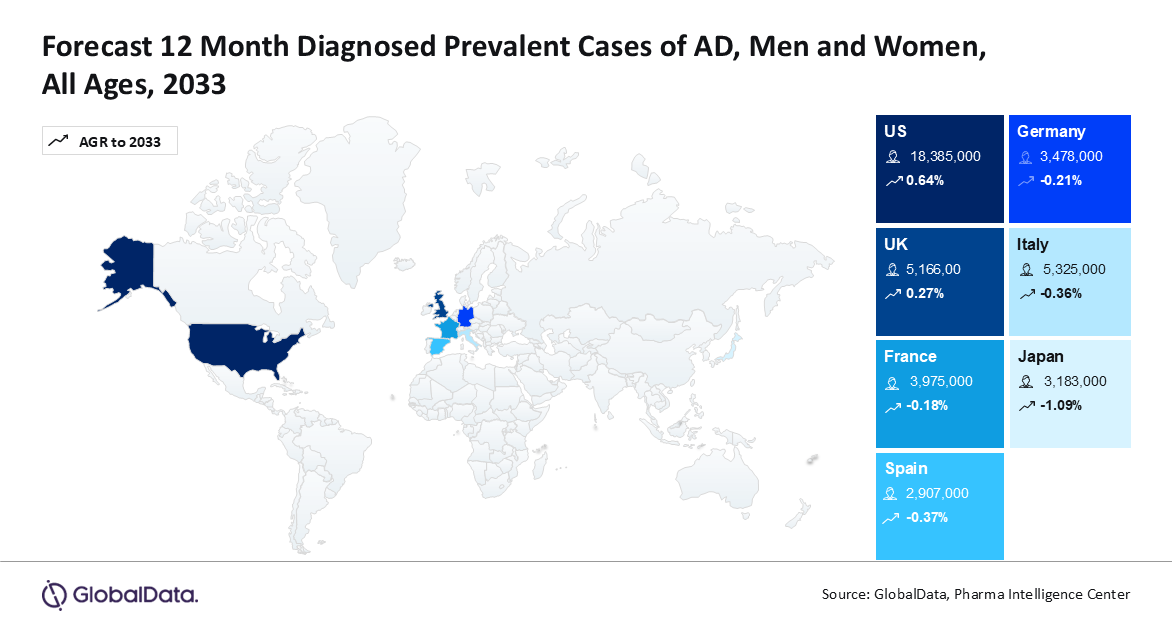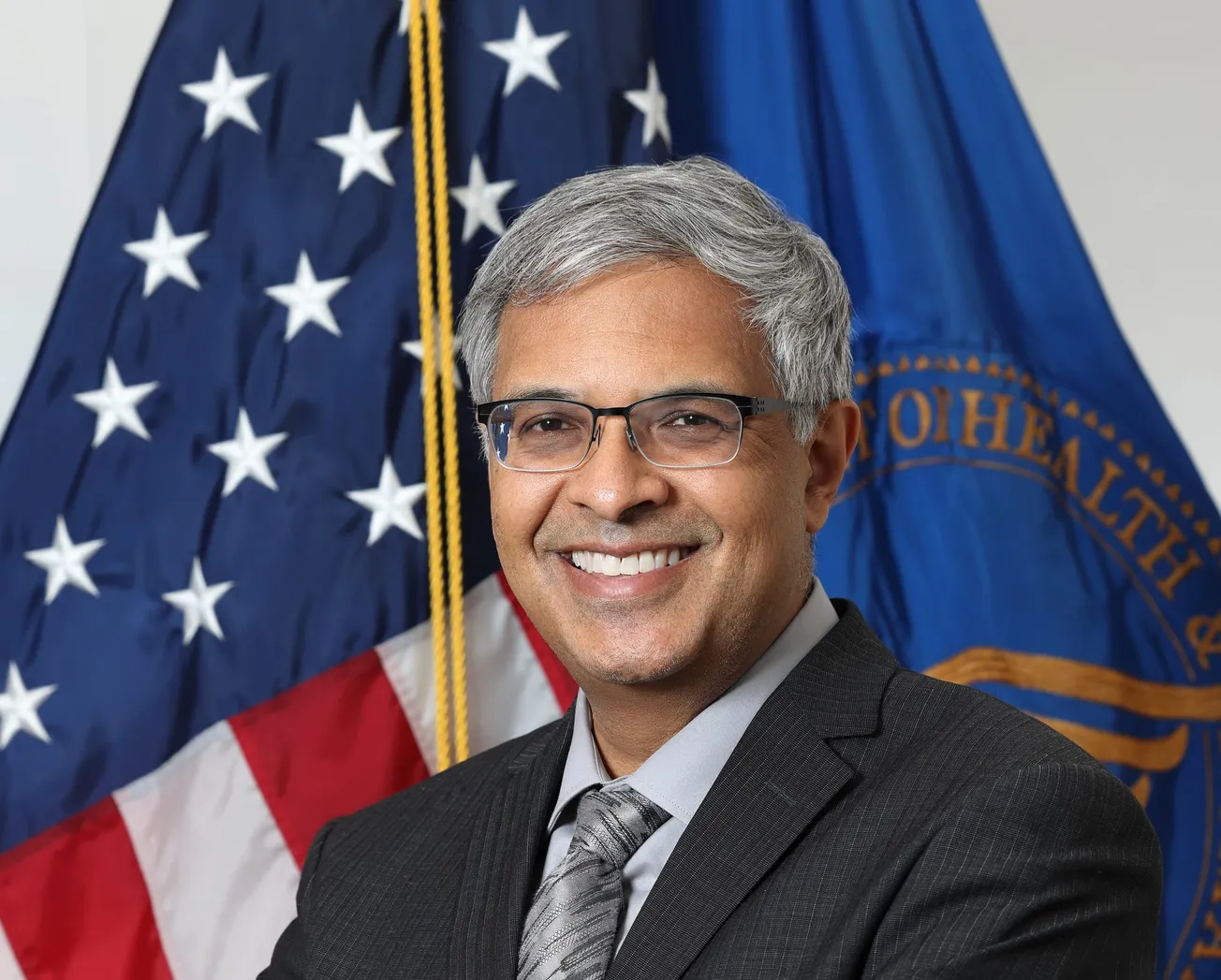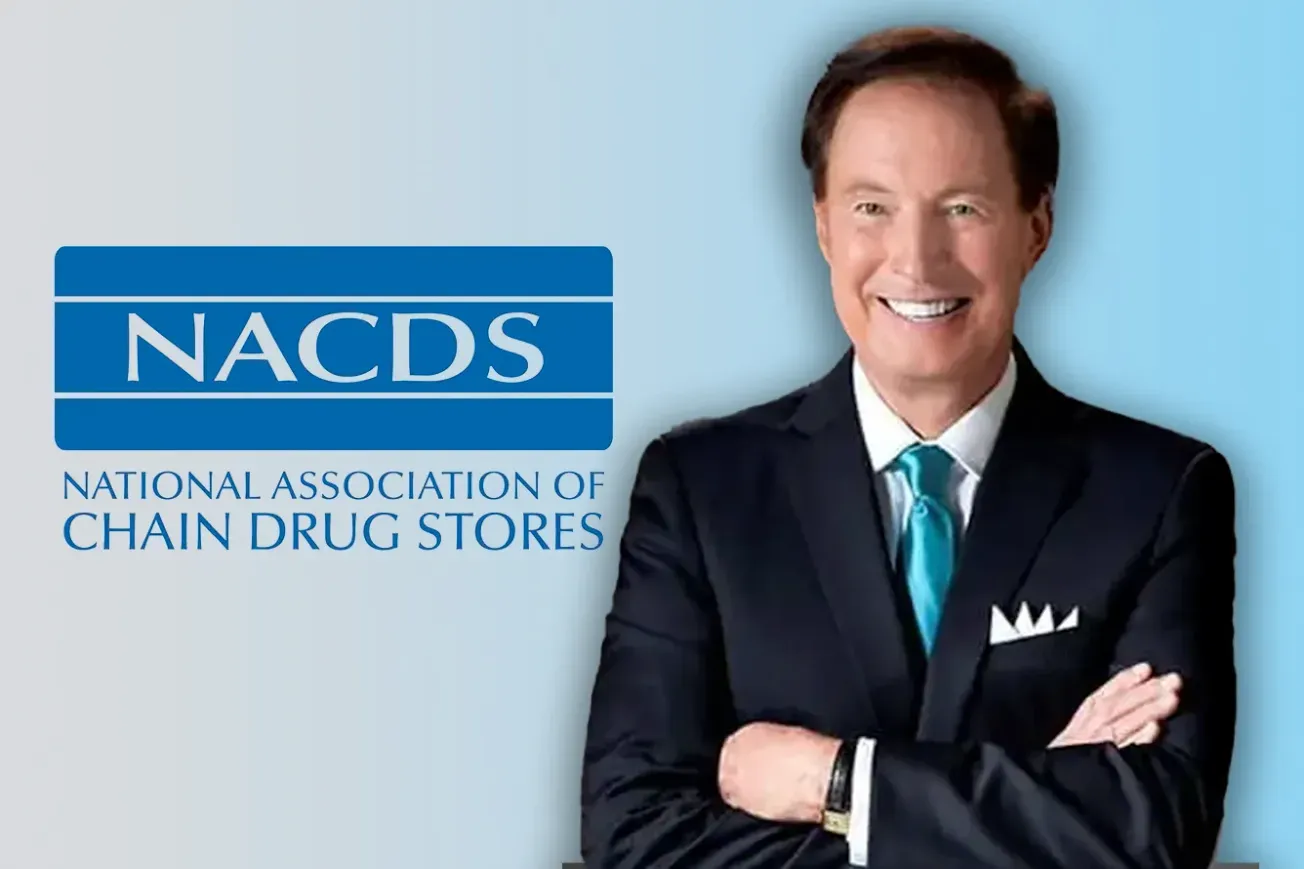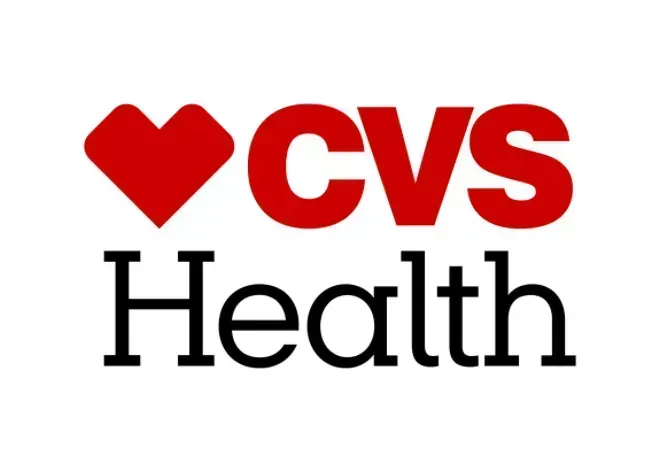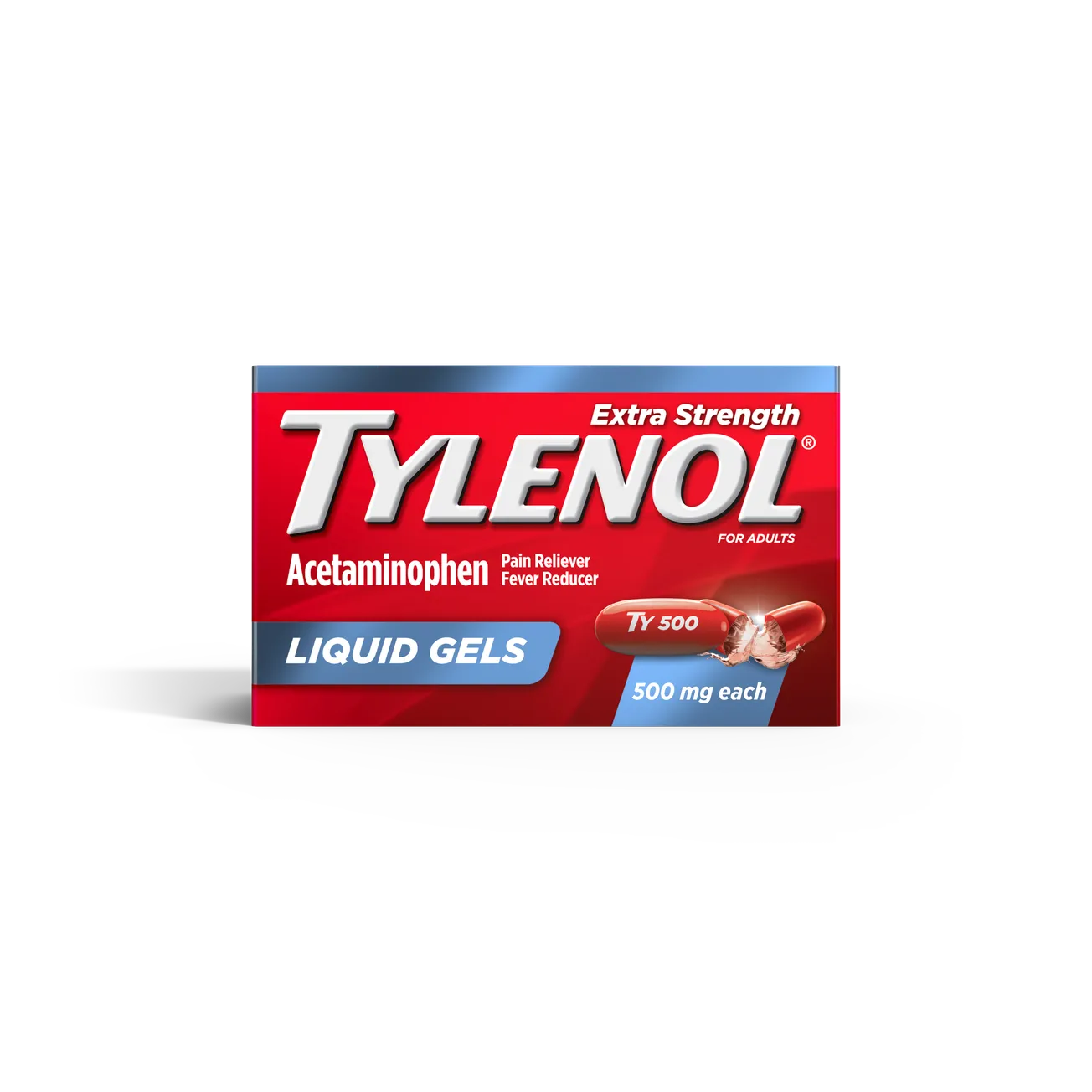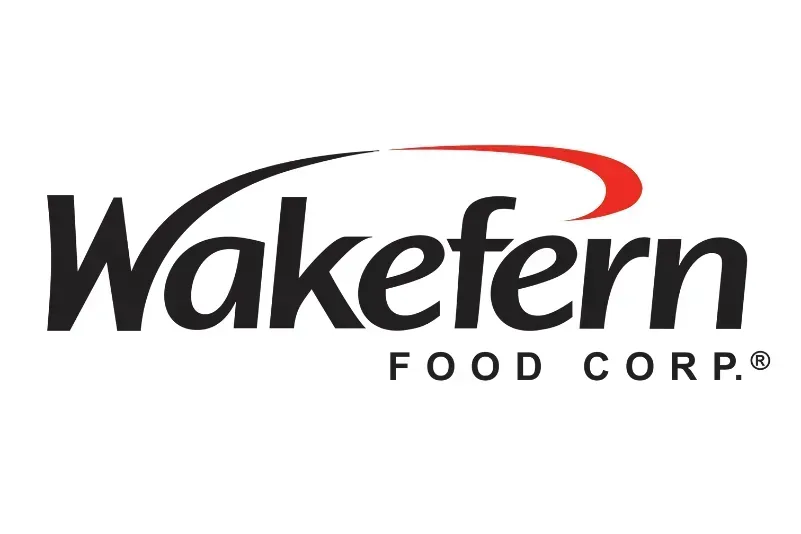LONDON — Global Data predicts the type 1 diabetes (T1D) market across the seven major markets (U.S., France, Germany, Italy, Spain, the U.K., and Japan) is set to grow at a compound annual growth rate (CAGR) of 13.3% from $2.2 billion in 2023 to $9.9 billion in 2033, driven by the anticipated introduction of several late-stage pipeline products, including multiple immunomodulatory agents, during the forecast period.
GlobalData’s latest report, “Type 1 Diabetes: Seven-Market Drug Forecast and Market Analysis”, reveals that the US market is the largest T1D market in the these markets, accounting for 80.4% of global sales in 2023 ($2.2 billion), and is expected to gain further market share during the forecast period, accounting for 91.6% of 7MM T1D sales by 2033 ($9.0 billion).
Sulayman Patel, Pharma Analyst at GlobalData, comments: “The increasing popularity of rapid-acting and ultra-rapid acting insulin analogs in line with rising insulin pump use is expected to improve patient outcomes by optimizing glycemic control. According to primary research conducted by GlobalData, high volumes of prescribing physicians and patients have demonstrated positive attitudes towards the use of ultra-rapid insulin analogs, which is expected to drive T1D market growth.”
The late-stage T1D pipeline consists of several agents, including Eli Lilly’s insulin efsitora alfa, which is anticipated to launch in 2027. As a once-weekly insulin analog, insulin efsitora alfa is expected to compete alongside Novo Nordisk’s Awiqli (insulin icodec), which offers basal insulin therapy options that reduce lifestyle disruption and improve patient compliance, a critical unmet need, particularly in pediatric populations.
Additionally, Diamyd Medical’s vaccine for T1D is one of several prominent immunomodulatory agents that is expected to present a disease-modifying therapy option for T1D patients, offering the potential to eliminate the need for lifelong insulin therapy.
Patel notes: “Should the Diamyd vaccine, or other immunomodulatory agents such as Johnson & Johnson’s ustekinumab or Dompe Pharmaceuticals’ ladarixin receive regulatory approval for the treatment of T1D, the underlying mechanisms of T1D may be addressed and beta cell function could be significantly improved. These pipeline agents could leverage the use and growing evidence produced by Sanofi’s Tzield (teplizumab), the only approved disease-modifying therapy for T1D, which could support adoption and prescribing behaviors following anticipated approval.”
Tzield received FDA approval in November 2022 and is the first treatment for T1D that targets the underlying disease mechanisms by delaying the onset of stage 3 T1D in patients 8 years and older. GlobalData expects Tzield to gain European approval and become the top-selling drug in the T1D market with sales of $4.8 billion across the 7MM in 2033.
While the T1D market is projected to grow during the forecast period across the seven major markets, it may face some challenges that will slow its growth. Potential barriers to growth include the high financial burden of immunomodulatory agents, which means insurance and reimbursement restrictions will impact drug sales, as well as the high failure rate of clinical trials developing disease-modifying therapeutics in the T1D space.
Patel concludes: “Notably, the patient share of Tzield is particularly low due to the substantial financial burden and limited long-term data, with its sales accounting for 1.2% of total T1D drug sales in 2023. However, GlobalData forecasts that the increasing adoption and launch of further immunomodulatory agents, combined with the anticipated European approval of Tzield, will result in significant market growth, resulting in immunomodulatory agents expected to account for 63.5% of T1D sales in 2033, driving total market growth in the T1D drug landscape.”
